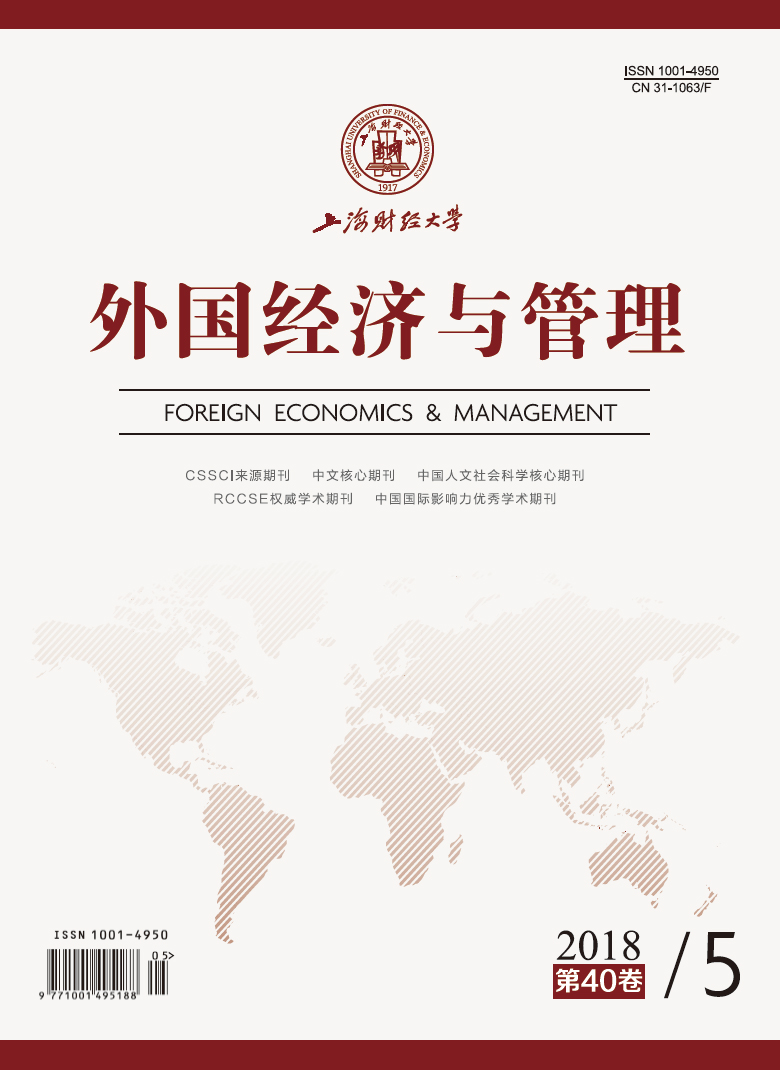Awe is a complex emotion when individuals generate multiple related emotions because of an inability to assimilate stimulus into current knowledge structures. The difficulty as well as meaning of this paper lies in the complexity of awe. Awe is complex in connotation. As a social signal when low-power individual meets a high-power individual, awe serves as an emotional signal delivered to both sides from the low-power individual, unlike most emotions that deliver information to only one side. The prototype research in psychology of awe presents two central appraisals: perceived vastness and need for accommodation. Vastness refers not only to " big”, but also the felling of " infinity”, whereas accommodation the process of adjusting old schemas that cannot assimilate a new experience, in order to contain new things. In the Chinese context, a common sense of awe refers to what Confucius mentioned as " three fears”, which has very the same connotation with the psychological prototype as mentioned. Apart from connotation, awe is also complex in triggers, dimensions and valence. Awe is both a primordial emotion and an elaborated emotion, thus is complex in triggers, which we conclude as objective stimulus, social characters and individual cognitions. The dimensions of awe are also complex, including fear, aesthetic pleasure, admiration, deference, reverence, etc, and have yet measured instability under specific situations, which has to do with the triggers of awe. Most studies focus on the benefits of awe as a positive emotion, whereas there is also much evidence of negative valence of awe. In marketing, researchers have just started to have a deep exploration of the impact of awe on consumer decisions. According to the triggers of awe, it is possible to trigger awe during the consumption process due to brand signals, products, communications, endorsers, other consumers and the experience of consumption. Yet, there are scare studies focusing on the further impact of awe on consumer decision-making. For a specific research, it is used to trigger awe through four main ways: recalling tasks, using audio and video material, semantic priming and real or virtual experience. Besides priming methods, main measure methods of awe both in situational and trait aspects are also enumerated in this paper. There are few studies focusing on the expression of awe, but we may identify these complex emotions as the upgrading of facial recognition technology. In the area of consumer behavior, the in-depth studies of awe may focus on six aspects: the impacts of awe on consumers’ pro-social behavior, the consumption consequences of awe on consumers due to the change of recognition on time, the impact of awe on the well-being of consumers, the particularity of the persuasion path evoked by awe, awe in brand positioning and brand community, and the comparison of awe in cross-cultural consuming process.
 / Journals / Foreign Economics & Management
/ Journals / Foreign Economics & ManagementForeign Economics & Management
JIN Yuying, Editor-in-Chief
ZhengChunrong, Vice Executive Editor-in-Chief
YinHuifang HeXiaogang LiuJianguo, Vice Editor-in-Chief
Awe: A Complex Emotion and Its Prospects in the Field of Consumer Behavior
Foreign Economics & Management Vol. 40, Issue 05, pp. 69 - 83 (2018) DOI:10.16538/j.cnki.fem.2018.05.006
Summary
References
Summary
Keywords
[1]Chi Y K. The influence of personality and situational initiation on pro-social behavior[D]. Shanghai, East China normal university
[2] Dong R, Peng K, Yu F. Positive emotion: Awe[J]. Advances in Psychological Science, 2013, 21(11): 1996-2005.
[3] Ren J T. A sense of awe: On the differences between Confucian thought and Christianity[J]. Frontiers of Philosophy in China, 2010, 5(1): 111-133.
[4]Schneider K J. Awakening to awe. Translated by Yang S[M]. China Machine Press, 2009.
[5]Wang C Y, Lei L. The structure, formation mechanism and enterprise response of social responsibility consumption.
[6] Wang X. "Awe" in China’s Context[J]. Morality and Civilization, 2009(4): 46-49.
[7] Weber M. Sociology of Religion. Translated by Liu Y, Wang Y[M]. Guiguan Book Press, 1997.
[8] Yang S, Huang X, Wang T. Underpinnings of Social Status Hierarchies[J]. Advances in Psychological Science, 2014, 22(2): 250-258.
[9]Zhang Q, Qiu J, Cao G. A review and hypothesis about the cognitive mechanism of insight[J]. Psychological Science, 2004, 27(6): 1435-1437.
[10]Zhang S. The Thinking Orientation of "Awe Psychology"[J]. Journal of Guangzhou University (Social Science Edition), 2015, 14(5): 5-10
[11]Zhou Z, Li M. A review of studies on Western brand community[J]. Foreign Economics & Management, 2008, 30(1):46-51.
Cite this article
Ye Weiling, Zhou Xinyue, Huang Rong. Awe: A Complex Emotion and Its Prospects in the Field of Consumer Behavior[J]. Foreign Economics & Management, 2018, 40(5): 69-83.
Export Citations as:
For
ISSUE COVER
RELATED ARTICLES




 11147
11147  13296
13296

